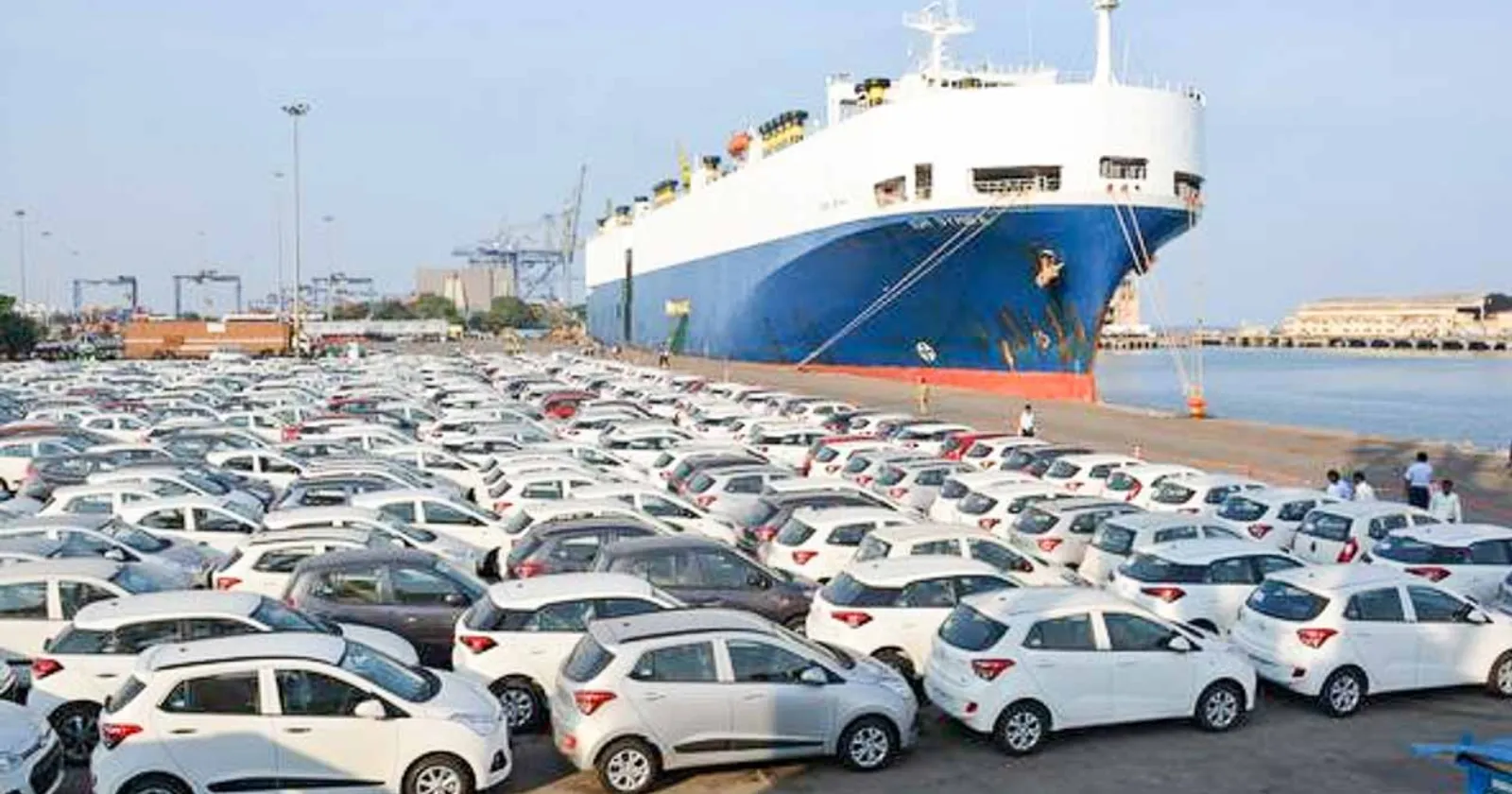
The company's consolidated profit jumped 14.3% year-on-year to Rs 1,572.2 crore from Rs 1,375.4 crore in the same quarter last year, yet underlying market pressures revealed a company straddling growth and consolidation.

Share Post

The company's consolidated profit jumped 14.3% year-on-year to Rs 1,572.2 crore from Rs 1,375.4 crore in the same quarter last year, yet underlying market pressures revealed a company straddling growth and consolidation.
Hyundai Motor India Limited presented a mixed financial picture in its second quarter results for FY2026, with profitability climbing whilst battling headwinds in its core domestic market. The company's consolidated profit jumped 14.3% year-on-year to Rs 1,572.2 crore from Rs 1,375.4 crore in the same quarter last year, yet underlying market pressures revealed a company straddling growth and consolidation.
Also Read: New-Gen Hyundai Venue Launch Date Out
The automaker's consolidated revenue rose marginally to Rs 17,155.8 crore during the July–September quarter, a telling statistic that underscores the company's struggle in India's passenger vehicle sector. Revenue growth of just 1.3% year-on-year masks a deeper challenge: domestic sales revenue contracted significantly. In the first half of FY2026, Hyundai reported consolidated revenue of Rs 33,873.97 crore against Rs 34,604.25 crore in the corresponding half-year period of FY2025—a decline of 2.1%. This represents the first revenue contraction in three years for the company.
Also Read: New Gen Hyundai Venue Powertrains Revealed

The domestic market delivered the sharpest blow. From April to September 2025, the company sold 132,259 vehicles domestically, compared with an implied figure above this in the previous year's similar period. June 2025 witnessed a particularly sharp 12% drop in domestic sales to 44,024 units versus 50,103 units in June 2024. This sustained weakness reflects broader industry challenges, with India's passenger vehicle market facing headwinds from geopolitical tensions affecting consumer sentiment and a structural slowdown in small car demand.
Hyundai's export performance, however, painted a contrasting picture. Exports during the first half of FY2026 reached 48,140 units, representing a robust 13% year-on-year increase from 42,600 units in H1 FY2025. In September alone, exports surged 44% year-on-year to 18,800 units, marking the highest export volume in 33 months. This export resilience lifted the company's profit despite domestic headwinds and expanded its overseas contribution to 26.7% of total sales in Q1 FY2026, up from 22.2% previously.

Since its landmark listing on October 22, 2024—when India's largest-ever IPO raised a record $3.3 billion—Hyundai's share price has charted an uncertain course. The stock listed at ₹ 1,931 on the BSE, below the offer price of ₹1,960, and has since oscillated considerably. As of late October 2025, shares traded around ₹2,357, representing gains of approximately 20% from listing levels. However, the stock peaked at Rs 2,890 in late September before retreating, reflecting investor concerns about near-term domestic sales prospects balanced against long-term potential.
Management signalled confidence in the company's future despite near-term challenges, with EBITDA margins improving to 13.9% in Q2, up 113 basis points year-on-year. The company's SUV portfolio proved resilient, accounting for 71.1% of domestic sales during the quarter and reaching record penetration levels. Meanwhile, cost-optimisation efforts and favourable export mix supported profitability even as top-line growth stalled.
Hyundai's future prospects hinge substantially on its massive investment commitment to India. In September 2025, the company increased its investment pledge at its Talegaon manufacturing facility in Maharashtra from Rs 7,000 crore to Rs 11,000 crore—a 57% increase—following GST rate rationalisation announcements. The expanded facility, which commenced production in October 2025 with annual capacity of 170,000 units, will eventually scale to 250,000 units annually by 2028. Combined with existing Chennai plant capacity, Hyundai's total installed capacity in India will reach 1.07 million units by 2028, positioning it to close the gap with market leader Maruti Suzuki.

The company has also committed to launching 26 new models by FY2030, including six electric vehicles designed for India's emerging EV segment. This investment roadmap, underpinned by a broader $5 billion five-year commitment, signals management's long-term conviction despite short-term turbulence. The Talegaon expansion will generate approximately 7,600 direct and indirect jobs whilst incorporating advanced manufacturing technologies and EV-readiness infrastructure.
Nevertheless, investors remain cautious. The company faces structural challenges in India's passenger vehicle market and must execute its aggressive growth plans whilst competing against entrenched rivals. The gap between IPO euphoria and current share performance reflects this tension—between Hyundai's undeniable scale and profitability versus the formidable task of reigniting domestic growth momentum.
TVS Becomes Third-Largest Two-Wheeler Manufacturer in the World
Acko Drive Team 4 Mar, 2026, 12:41 PM IST
5 Interesting Colour Options On Indian Cars
Acko Drive Team 4 Mar, 2026, 12:30 PM IST
Actor Shahid Kapoor Brings Home Mercedes-Benz G 450d Worth ₹2.9 crore
Acko Drive Team 4 Mar, 2026, 10:20 AM IST
Volvo Brings New UX to 2.5 Million Older Cars With its “Largest OTA Software Update Ever”
Acko Drive Team 4 Mar, 2026, 9:27 AM IST
Renault Teases Bridger Subcompact SUV Concept To Take On Hyundai Venue, Will Be Made In India
Acko Drive Team 4 Mar, 2026, 8:52 AM IST
Looking for a new car?
We promise the best car deals and earliest delivery!
